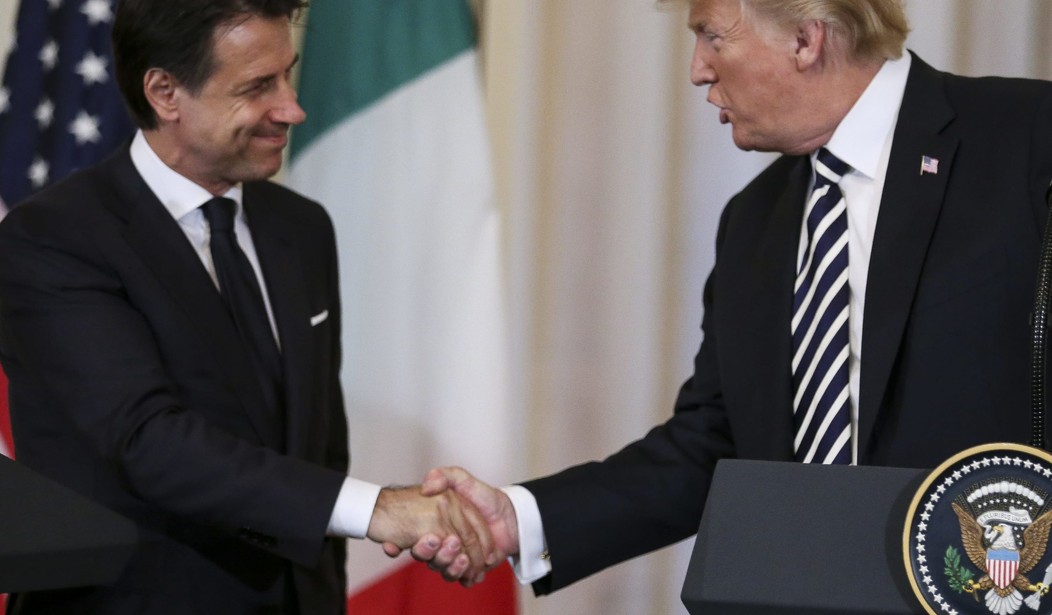The European Union is undergoing unprecedented stress as a result of differences over how to respond to the coronavirus pandemic.
EU finance ministers have been unable to come to an agreement over how to distribute the debt burden among bloc nations. Italy’s Prime Minister Giuseppe Conte warns that the risk to European unity as a result of the lack of agreement is real.
“It’s a big challenge to the existence of Europe,” Conte told the BBC. “If Europe fails to come up with a monetary and financial policy adequate for the biggest challenge since world war two, not only Italians but European citizens will be deeply disappointed.”
Speaking shortly before the ministers started their discussions, Mário Centeno, the former Portuguese minister who is president of the Eurozone group, said the EU needed to build a financial safety net as Europe “dipped into recession” with “all in lockdown, casualties rising by the hour and with no end in sight”.
“We either sink or swim together”, Centeno said as he called on ministers to show the “necessary spirit of compromise”.
There appears to be some lingering resentment from richer, northern European countries over the Italian bond bailout fashioned by the EU almost a decade ago. That resentment is spilling over into negotiations on how to share the massive debt it will be necessary to take on in order to get the continent back on its feet.
The Dutch government with the support of Germany, Finland and Austria, has led rejection of the central demand of the Italian government for so-called “coronabonds” which would involve all EU member states borrowing from the markets on the same terms.
The issuing of joint bonds would create joint liability and make borrowing more expensive for the wealthier northern member states as it cheapens it for the rest, at a time when the gap between German and Italian bonds is rising.
This isn’t the only major stumbling block to developing a unified response to the crisis. Italy and Spain, the two hardest-hit nations by the coronavirus, want easy terms on borrowing from the bailout fund created during the debt crisis.
The Netherlands again has said it wants the credit line to be conditional on the money being spent to boost economic growth and balance budgets once the crisis is over.
Italy and Spain are aghast at the suggestion of ‘“economic surveillance” and want there to be merely a reference to the need to observe EU budget rules post-pandemic.
Since neither Italy or Spain care much about “EU budget rules,” it would be akin to giving both nations a blank check to spend the money on whatever they wish. That may prove to be too much for wealthier nations from whom the bailout money is funded.
Suffice it to say that both sides are still far apart with fundamental differences in philosophy. Poorer nations feel they shouldn’t have to pay a premium for being poor. Richer nations don’t think they should be charged the same as poor nations. The EU has been expert at papering over differences like this in the past, so it’s likely they’ll be able to work something out eventually.
But voters in euro-skeptic Italy might not like the result.










Join the conversation as a VIP Member